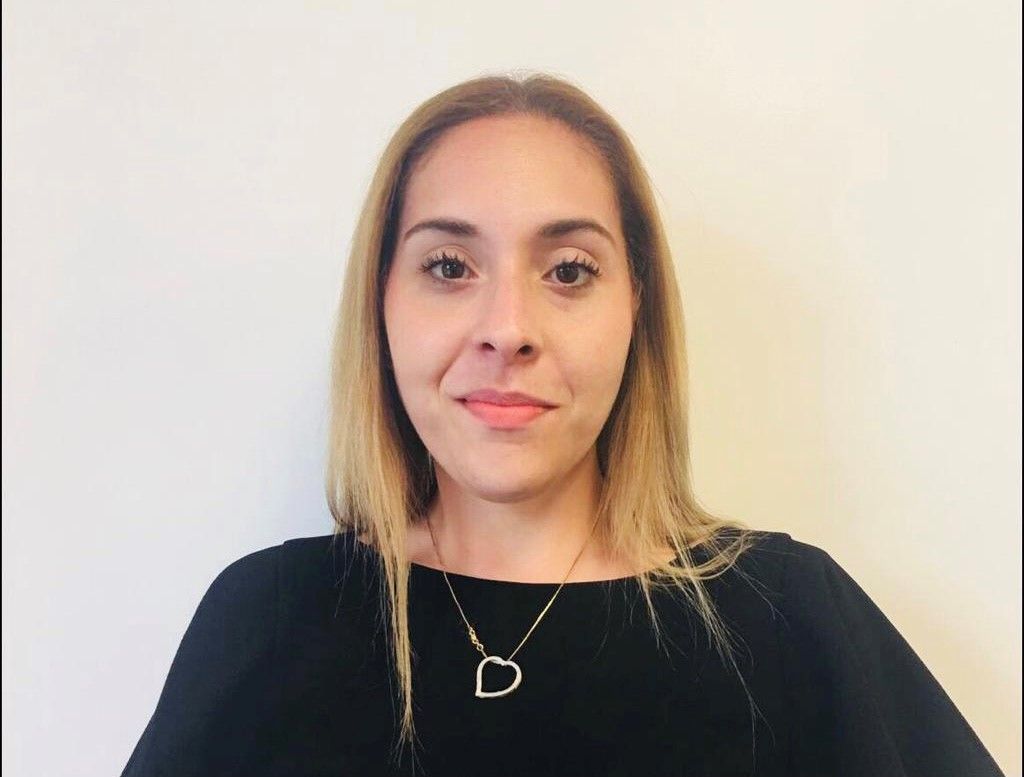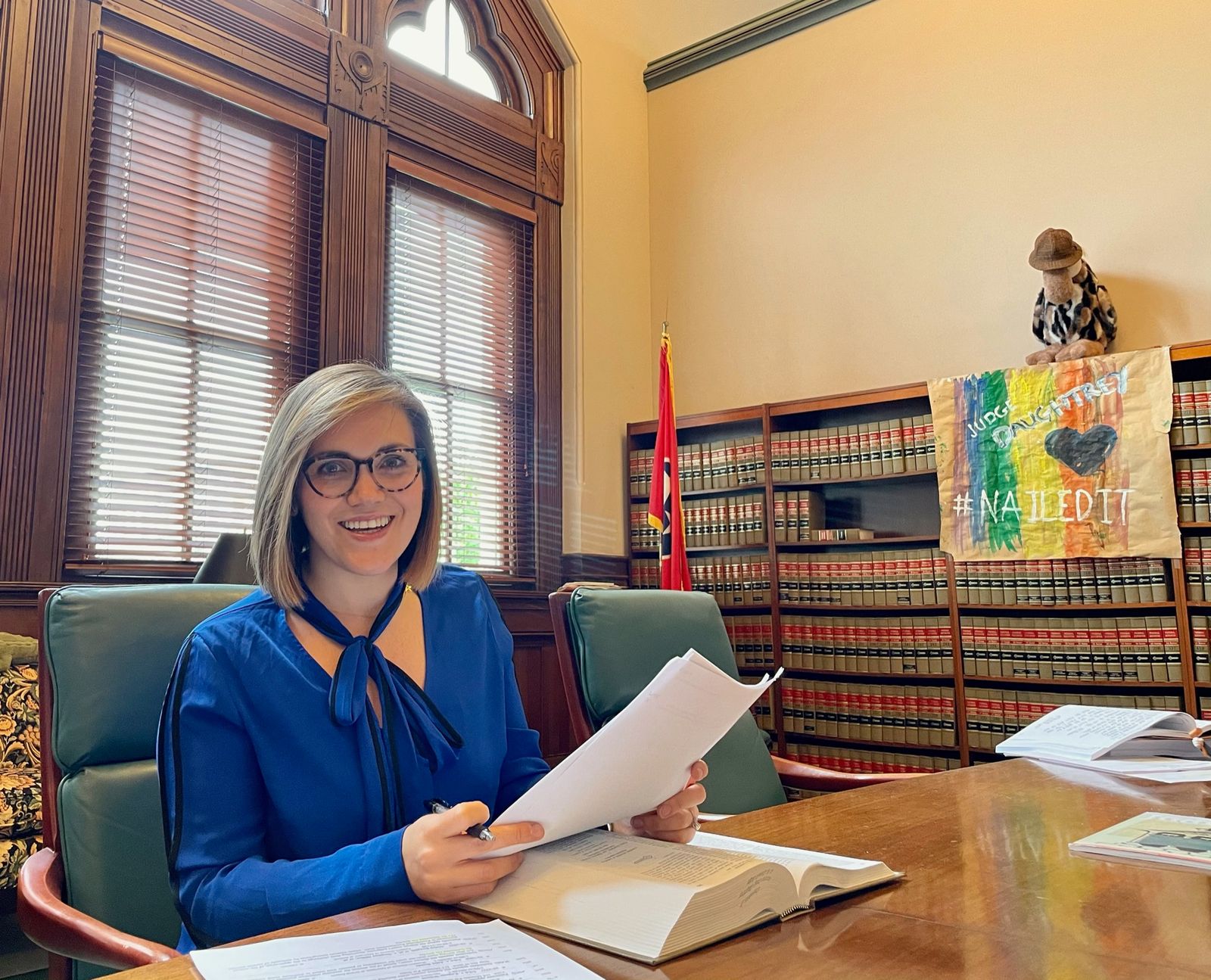JUDICIAL CLERKSHIPS
Judicial clerkships have provided excellent postgraduate training. They sharpen research, writing, and analytical skills and provide exposure to a wide variety of legal subject areas and diverse lawyering styles. They are especially formative for recent graduates.
For generations of CUNY Law grads, clerking has built a personal network of professional contacts including judges, practicing attorneys, and other clerks. Graduates find that clerkships carry significant resume value. Many important public interest organizations, government agencies, and major law firms look with great favor on clerkship experience when making hiring decisions.
 “Clerking is a great experience — it forces you to learn quickly how to be a lawyer, how to write like a lawyer and behave like a lawyer. You do a lot of writing, a lot of motions, and you become a good multi-tasker. It also helps you meet new lawyers and create relationships with judges, which is valuable. It was an amazing experience, and I can’t recommend it enough.”
“Clerking is a great experience — it forces you to learn quickly how to be a lawyer, how to write like a lawyer and behave like a lawyer. You do a lot of writing, a lot of motions, and you become a good multi-tasker. It also helps you meet new lawyers and create relationships with judges, which is valuable. It was an amazing experience, and I can’t recommend it enough.”
Flor Martinez-Ijaiya ’19, Evening Program Graduate, Judicial Law Clerk to the Hon. Marybeth Rogers, New Jersey Superior Court Judge
HOW TO PURSUE CLERKSHIP OPPORTUNITIES
Once you’ve decided that you’re interested in becoming a federal clerk, self-evaluate:
- Do you have outstanding grades?
- Can you get strong recommendations from your professors and employers?
- Do you have an outstanding legal writing sample?
Connect with the Career Planning Office, which coordinates the federal clerkship process, if you need help evaluating. We can also refer you to CUNY alumni who’ve clerked in the federal system.
FEDERAL CLERKSHIPS

“Clerking has given me unparalleled ‘behind-the-scenes’ access to the federal legal system, but even more valuable is the mentorship and insight I’ve received from my judge, a brilliant woman who committed her life to public service and broke barrier after barrier in her pursuit of justice. I can’t imagine a better way to have started my legal career.”
–Lauren DiMartino ’20, former law clerk to Judge Martha Craig Daughtry, U.S. Court of Appeals, 6th Circuit
State Court Clerkships
- New York State Court Clerkships
- New Jersey State Court Clerkships
- Connecticut State Court Clerkships
